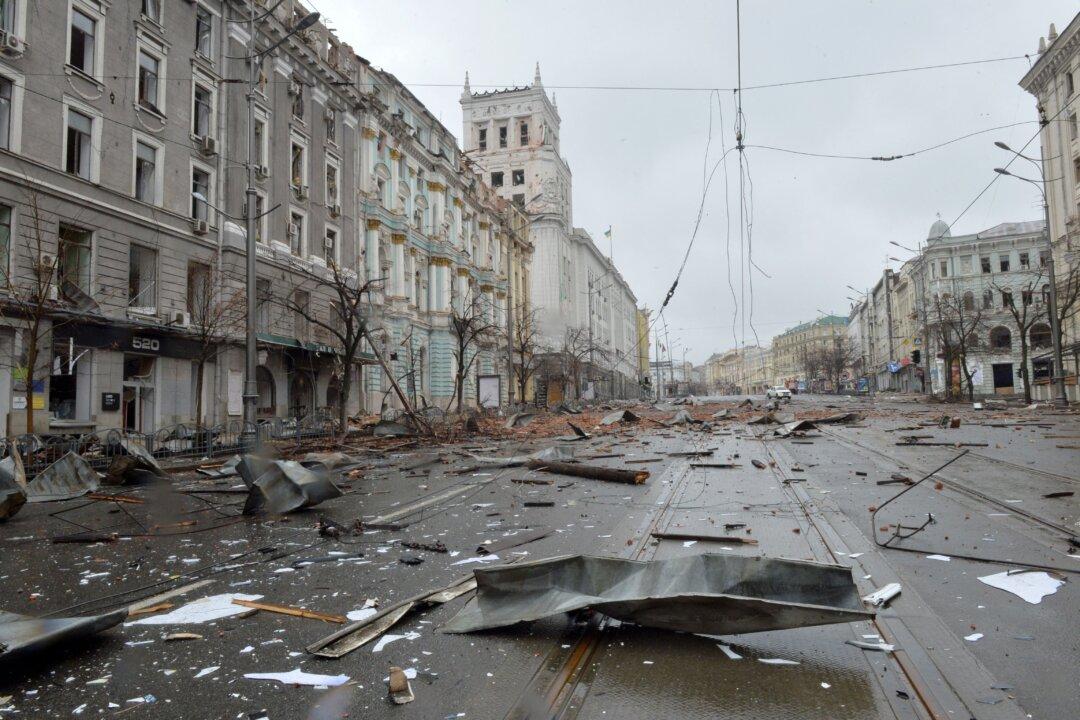Commentary
Russia’s invasion of Ukraine has shocked the world. With its vastly superior Russian military ravaging the Ukrainian people, the global response has been unprecedented.

Russia’s invasion of Ukraine has shocked the world. With its vastly superior Russian military ravaging the Ukrainian people, the global response has been unprecedented.